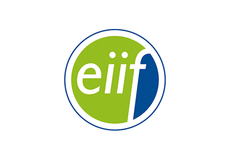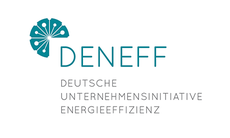Search eceee proceedings
The evolution of energy managers in the last 25 years: the Italian experience
Panel: 3. Energy management: The nuts and bolts
This is a peer-reviewed paper.
Authors:
Daniele Forni, FIRE, Italy
Dario Di Santo, FIRE - Italian Federation for Energy Efficiency, Italy
Livio De Chicchis, FIRE - Italian Federation for Energy Efficiency, Italy
Francesco Mori, FIRE - Italian Federation for Energy Efficiency, Italy
Stefano D'Ambrosio, FIRE - Italian Federation for Energy Efficiency, Italy
Abstract
Since 1991 in Italy it is mandatory to appoint an energy manager for every industrial organization with an annual consumption of more than 10,000 toe (ton of oil equivalent) and for organizations from other sectors over 1,000 toe (listed as one of the 10 EU best practices by the EE Watch project).
In almost 25 years the energy market and the awareness about energy efficiency have dramatically changed. Environmental concerns, strong policies to promote energy efficiency, and transformations such as the liberalization of the energy markets, the high-energy prices in the period 2005–2014, and the effects of the global crisis, are the main reasons behind the gain in importance of energy management among enterprises and public bodies.
In Italy, this leaded to the recognition of the importance of qualified energy managers within the organizations. The energy management expert, a skilled and certified professional according to the Italian standard UNI CEI 11339, was thus introduced in 2009 and many energy managers opted for the certification. Around two thousand energy management experts were certified by the end of 2017.
The introduction of energy management systems (EMS) through the EN 16001 and the ISO 50001 standards started a deeper change in the role of energy managers. By the end of 2017 there were almost 1,500 ISO 50001 certified sites in Italy. EMSs both improve the role of energy managers and start a change management process: such organizations are more like to recognize the importance of resource efficiency all over the value chain and in connection with the value proposition.
This paper is based on four surveys conducted in 2016 and 2017 and a study focusing on non-energy effects, resource efficiency, supply chain transformation, and industry 4.0. The outcomes show how companies are facing the challenges posed by the Paris Agreement on climate change.
Downloads
Download this paper as pdf: 3-019-18_Forni.pdf
Download this presentation as pdf: 3-019-18_Forni_pres.pdf















